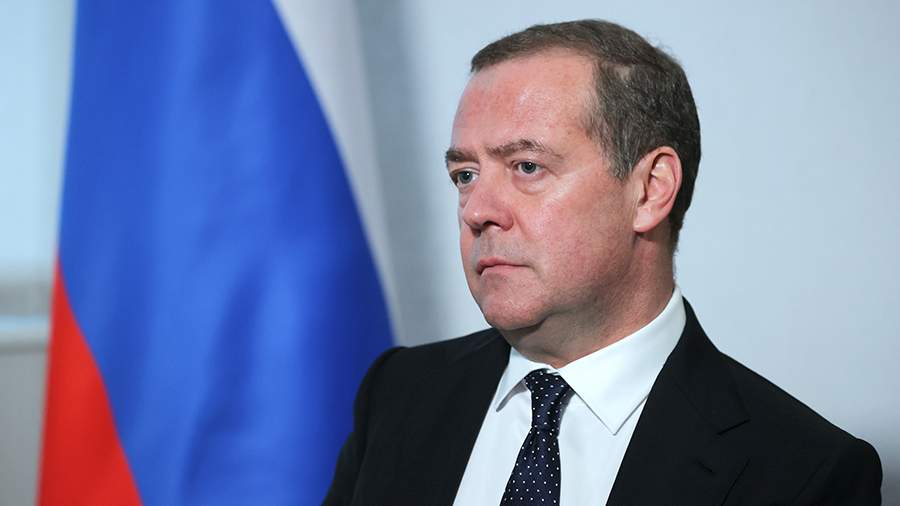Medvedev criticized scenarios for the settlement of the Ukrainian conflict

Deputy Chairman of the Russian Security Council Dmitry Medvedev said on January 13 that there is no shortage of scenarios for settling the conflict in Ukraine, but they are worthless.
"In the run-up to the start of [ U.S. President-elect Donald] Trump's team's activism on the Ukrainian track, there is no shortage of finger-sucking and other places 'settlement scenarios.' So far they are worth nothing," Medvedev wrote in his Telegram channel.
He cited the example of the unification of Germany after the fall of the Berlin Wall, where Ukraine appears divided into parts. The deputy chairman of the Security Council specified that the Kiev part assumes the role of the FRG, and the territories that became part of Russia - the German Democratic Republic (GDR).
On the eve of the American President-elect's national security adviser Mike Waltz said that Trump considers it impossible to resolve the conflict in Ukraine without dialog with Russia. He added that the dialog with Russia will be established within the next few months. Waltz also clarified that the American leader-elect considers it impossible to "oust" Russia from all former Ukrainian territories. According to him, this reality is beginning to be recognized by the whole world.
Earlier, on January 10, the coordinator for strategic communications at the White House National Security Council, John Kirby, noted that the outgoing White House administration led by President Biden believes that in the current situation neither Ukraine nor Russia are ready to negotiate an end to the military conflict.
On the same day, a member of the Verkhovna Rada, Oleksandr Dubinskyy, said that Ukrainian President Volodymyr Zelenskyy's refusal to negotiate with Russia, whose term of office expired on May 20, 2024, might lead to the disappearance of the Ukrainian state. He noted that the Ukrainian leader has taken the entire country hostage and threatens to destroy it.
The special operation to protect Donbass, the start of which Russian President Vladimir Putin announced on February 24, 2022, continues. The decision was taken against the background of the aggravated situation in the region.
Переведено сервисом «Яндекс Переводчик»

